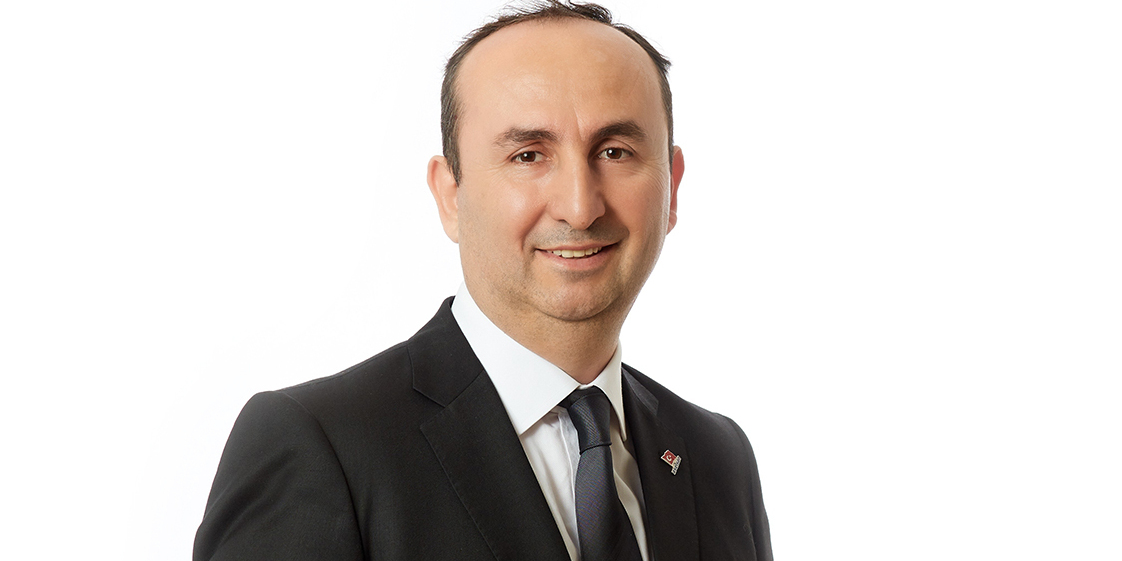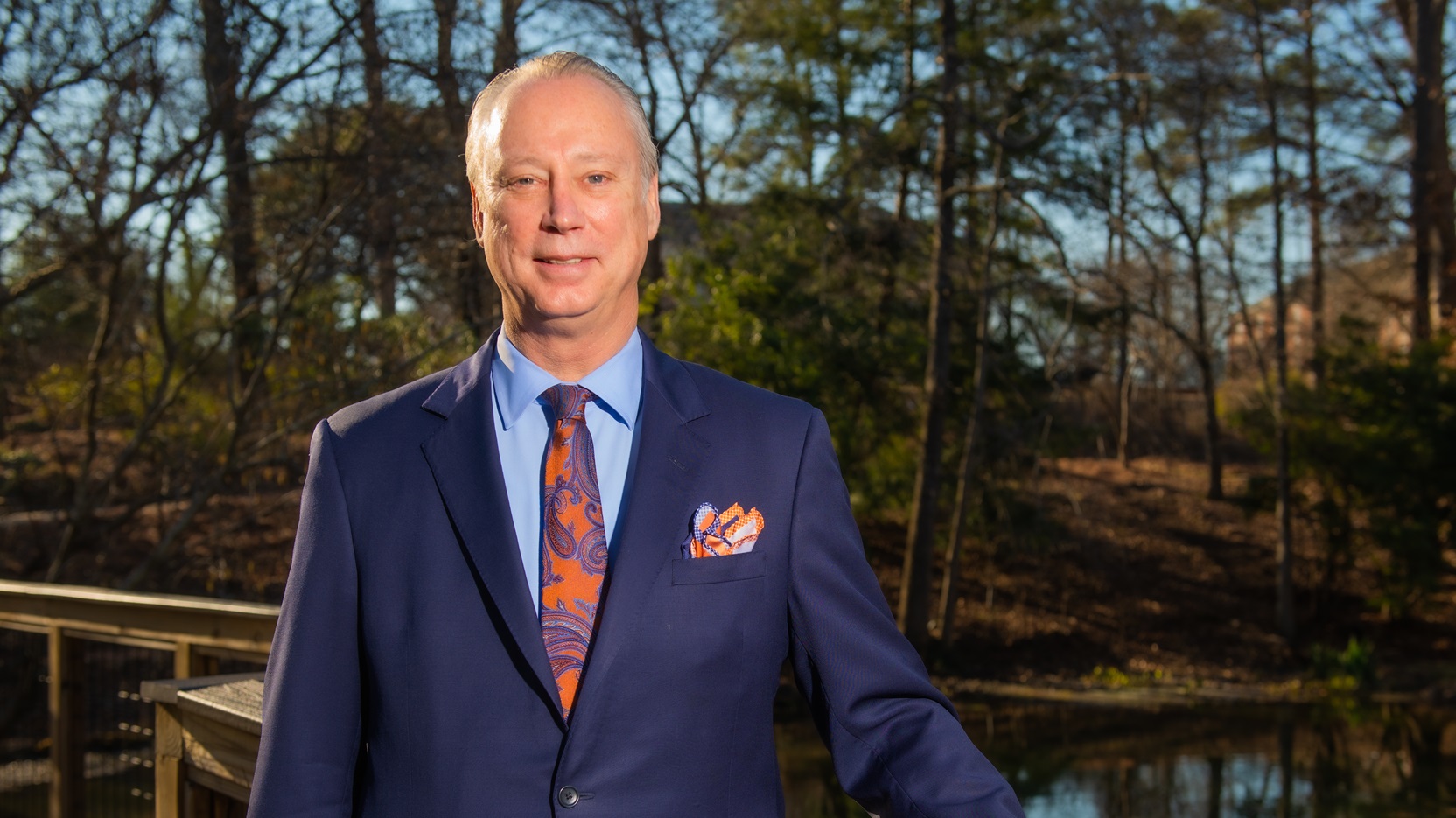Economic Development News
Auburn IPX office, innovative patents, aid continued move up NAI top 100
Auburn University has been ranked among the top 100 U.S. universities granted utility patents in 2023, according to a report published recently by the National Academy of Inventors (NAI).
With 16 new patents issued in 2023, Auburn was ranked 87th on the list, 10 places higher than last year. The list was created to highlight and celebrate American innovation and to recognize those universities that play a large role in advancing the innovation ecosystem within the U.S. and beyond.
A sampling of Auburn’s recent patents demonstrates the wide scope of innovative research ongoing across the university. These include a new aid for use in canine detection training that allows dogs to be taught to alert on extremely hazardous substances without actual risk of exposure to those substances by the dogs or their trainers. Another patent was issued for a low-cost, extremely sensitive sensor — designed to detect a variety of substances — that can be used in a number of inexpensive diagnostic devices.
According to Patrick Reed, who was named executive director of the AU IP Exchange (IPX) Office at the beginning of 2024, the number of patents as well as Auburn’s NAI ranking should only contin
ue to increase thanks to a renewed emphasis on encouraging and incubating innovation across the entire campus.
The IP Exchange, located in Auburn’s Research Park, supports innovation and connects AU subject matter experts with external partners to help bring new ideas and products to market. IPX also moves beyond the traditional technology transfer role by getting involved earlier in the collaborative research process.
“We bring decades of experience evaluating and cultivating early-stage innovation,” Reed said, “and work daily with faculty, staff and students; patents and copyrights; and business, industry and other external partners. Bringing Auburn innovation to the marketplace for the benefit of the public is at the core of everything we do.”
One example of a 2023 patent that is already being brought to the marketplace to benefit the public is a new method for manufacturing personalized protective gear such as pads and braces based on a body scan of the future wearer. An Auburn-based company, XO Armor, is already using this technique — along with advanced 3-D printing technology — to develop individualized athletic and medical devices for clients nationwide. The company was founded by Michael Zabala, Auburn Alumni Engineering Council Associate Professor in the Department of Mechanical Engineering.
And while the university’s STEM areas have traditionally been strong centers of innovation, Reed also noted that the Auburn IPX is increasingly expanding its reach into other colleges and schools campus-wide. The IP Exchange also plans to pursue more federal grant funding opportunities to bolster and increase innovation, commercialization and entrepreneurship across the entire campus.
“We are working to grow the innovation tent at AU by approaching other colleges and schools as well as researchers outside of the usual STEM areas,” he said. “Bringing non-STEM areas into the fold will grow our core metrics while also helping to create new areas of interdisciplinary research, such as inclusion of industrial design or psychology into relevant lines of research inquiry.”
Finally, IPX is working to further improve its services to make them ever more user-friendly. The office has added several new staff members in the past 12 months to further improve the client experience. “Our goal is to make working with IPX as easy as possible,” Reed explained. “We want to be seen as a nimble, flexible, and creative research-support unit.”
All these IPX initiatives promise to continue to add to Auburn’s already strong association with the NAI. In addition to its inclusion on the Top 100 U.S. Universities list, AU has seen nine of its faculty members named as NAI fellows and one as an NAI senior member. The prestigious NAI fellows program honors academicians “who have demonstrated a spirit of innovation in creating or facilitating outstanding inventions that have made a tangible impact on quality of life, economic development and the welfare of society.”
Current and emeritus Auburn faculty members who have previously been recognized as NAI fellows include Fa Foster Dai, J. David Irwin, Joseph W. Kloepper, John Weete, the late S.D. “Dave” Worley, Bruce Tatarchuk and the late Vitaly Vodyanoy. Auburn faculty member Yonhua Tzeng and Mehmet Arik were named NAI fellows in 2022 and 2023, respectively. Jin Wang, the first Auburn faculty member to be named a senior member, is the Walt and Virginia Woltosz Professor in Auburn’s Samuel Ginn College of Engineering. Wang’s research innovations center around effectively converting waste into value-added products.
Founded in 2010 to recognize and encourage inventors with patents issued from the United States Patent and Trademark Office, the NAI is a member organization of U.S. and international universities and governmental and non-profit research institutes, with more than 4,000 individual inventor members and fellows spanning more than 250 institutions worldwide.

Michael Zabala is one of the patent holders whose innovations earned Auburn a spot in the National Academy of Inventors' ranking of top 100 universities granted utility patents in 2023.
Categories: Economic Development, Security, Engineering, OSVPRED
Prolific patent portfolio earns mechanical engineering professor NAI Fellow status
Auburn University has yet another National Academy of Inventors (NAI) Fellow.
Mehmet Arik, associate professor of mechanical engineering, was recently tapped for the professional honor (widely recognized as the most prestigious awarded to academic inventors) on the strength of more than 120 issued patents with a broad range of applications in medical systems, energy systems, aviation systems and photonics technologies.
Already an American Society of Mechanical Engineers (ASME) Fellow, Arik says his latest distinction means even more.
"Being an NAI Fellow is even more of a joy for me because it shows that collaborative work always pays off," Arik said. "I developed my patents with many colleagues from academia and industry and I truly enjoy collaborating with researchers and engineers across many fields."
Arik came to Auburn in 2022 after 11 years as a faculty researcher at Özyeğin University in Istanbul, Turkey. He began his professional career at General Electric (GE) Global Research Center in 2000 as a senior engineer working on research and technology development programs related to energy, aviation, medical, industrial systems and lighting industries. The electronics thermal management group he organized conducted award-winning research for both GE and government organizations such as the Department of Energy, Defense Advanced Research Projects Agency and the National Institute of Standards and Technology. While at GE, Arik created a suite of respected intellectual property built on innovations benefitting multiple industries while building an exceptionally robust portfolio of scholarly contributions to more than 75.
It was his patent portfolio, however, that earned him nominations from multiple NAI Fellows.
"Many of my patents went into practice in industry in many different product segments, which I'm very proud of," Arik said. "Those inventions already have social and economic impact as well as environmental benefits. While publishing extensively can be very satisfying, patents have a different value in science and technology."
A patent in which Arik takes particular pride is a novel cooling approach that has been instrumental in many modern LED lighting applications. But the most meaningful may be his system for measuring junction temperature of photonics devices.
"That was very special for me because I developed it with my undergraduate and graduate students while I was in Turkey," Arik said. "It was so hard to get a USPTO (United States Patent and Trademark Office) patent from Turkey but young minds helped make it happen."
The same can be said for his latest patent disclosure, which was developed last year with one of his current graduate students.
"Being named an NAI Fellow is yet another testament to the impact of Dr. Arik's work," said Mario Eden, dean of engineering. "But the collaborative spirit that drives his research is, I think, as impressive as the innovations that have earned him this distinction."
Arik believes the prestige stemming from the NAI's recognition will enable even more opportunities for invention and development, both individually and collaboratively.
"I want to be an ambassador for innovation and entrepreneurship within the communities I belong to," he said. "Auburn is, of course, top of that list. I want to help young students, fellow faculty and researchers to develop intellectual property that truly makes an impact."
Arik is Auburn’s eighth NAI fellow. Previous honorees include J. David Irwin, Joseph W. Kloepper, John Weete, S.D. “Dave” Worley, Bruce Tatarchuk, Vitaly Vodyanoy and Fa Foster Dai. Dai, Irwin and Tatarchuck are all engineering faculty.
Media Contact: Jeremy Henderson, jdh0123@auburn.edu, 334-844-3591

Mehmet Arik
Categories: Economic Development, Energy & the Environment, Health Sciences, Transportation, Engineering
Pelham to represent Auburn on Tennessee Valley Corridor Board of Directors
Steve Pelham, associate vice president for economic development in the Auburn University Office of the Senior Vice President for Research and Economic Development, was recently appointed to the Board of Directors of the Tennessee Valley Corridor (TVC).
The TVC was organized in 1995 to create an “Oak Ridge Corridor,” linking the Department of Energy facilities in Oak Ridge, the Tennessee Valley Authority and the University of Tennessee-Knoxville to showcase the wealth of brainpower in the mid-East Tennessee region. Separately, that same year, an annual Science & Technology Summit was convened with representatives from government, academia and business to collaborate on ways to bring greater attention to the economic impact of the U.S. Department of Energy missions in Oak Ridge. These two complementary ideas of a “Corridor and Summit” were eventually merged and resulted in the creation of a new organization, the Tennessee Valley Corridor. The TVC expanded in 2017 to incorporate Alabama’s 3rd congressional district, which includes Auburn University and the City of Auburn.
The mission of today’s TVC is to promote the valley’s national leadership in science and technology through regional cooperation and to sustain the corridor’s existing federal missions, compete for new federal investments and leverage those investments to increase private sector job opportunities. Members come from within a footprint of 12 congressional districts in Tennessee, Alabama, Kentucky, Virginia and North Carolina and include regional research universities and laboratories along with government and military facilities.
Through the leadership of its 35-member board of directors, the TVC convenes an annual national summit, promotes initiatives to advance the TVC’s mission and encourages on-going collaboration in energy, science, environment, space, national security and STEM education.
“The TVC Board provides an opportunity for several key stake holders to be engaged,” said Pelham of his appointment, which includes a three-year term. “Some of these areas are the congressional districts included in the corridor. I was nominated by Alabama Congressman Mike Rogers to represent his district on the board, which includes Auburn University.”
According to Pelham, the long-standing relationship between Auburn and the TVC is a win-win for both. “Auburn University has a close relationship with the TVC because of our partnerships with NASA Marshall, Redstone Arsenal, Cummings Research Park, Oak Ridge National Laboratory, the TVA, the US Army and other organizations along with several other institutions of higher education,” he noted. “In addition, the Auburn leadership has made a strong commitment to reinforce the university’s presence in the Tennessee Valley with the creation of the Auburn University Research and Innovation Center in Huntsville.”

Steve Pelham
Categories: Economic Development, External Engagement, OSVPRED


